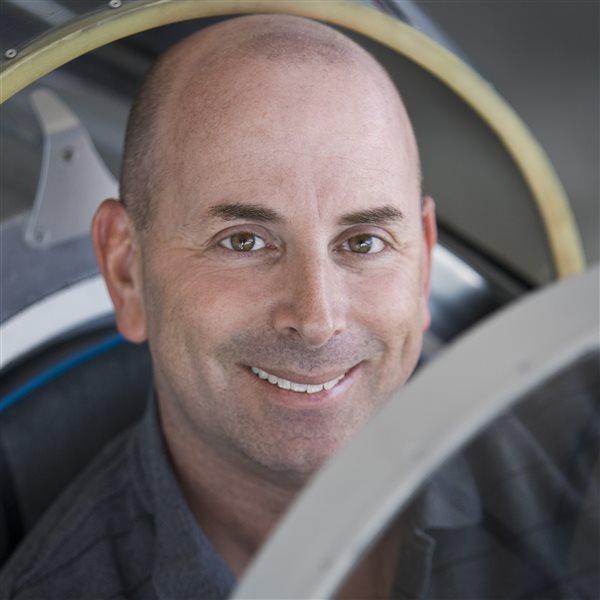E-Mag is making steady progress on FAA certification of its electronic ignition system for six-cylinder engines, company founder Brad Dement said April 5 during the Sun 'n Fun International Fly-In and Expo.
The company has sold more than 4,000 versions of its electronic ignition system for four-cylinder engines on experimental aircraft, but none are FAA certified.
Electronic ignition has many advantages over traditional magnetos, including variable timing, a more powerful and longer lasting spark, fewer moving parts, and the ability to use low-cost automotive spark plugs. In practical terms, engines with electronic ignition are easier to start, consume less fuel, and have better high-altitude performance.
“We’re seeing fuel savings of about 10 to 15 percent compared to magneto-equipped engines,” Dement said. “That’s usually about one gallon an hour on a four-cylinder engine, and correspondingly more on a six-cylinder engine.”
The biggest advantage magnetos have is that they create their own power, so they will continue to operate if the aircraft electrical system fails. E-Mag addresses this issue by installing a tiny alternator in each of its electronic ignitions that puts out enough power to keep E-Mags running on their own without external power. In case of an aircraft electrical failure, E-Mags are designed to keep the engine running just as magnetos would.
So far only one company, Electro-Air, has produced an FAA-certified electronic ignition system. That system allows aircraft owners to install one electronic ignition and one magneto for redundancy.
E-Mag officials said they hope the FAA’s ongoing overhaul of Part 23 aircraft certification rules will allow for replacing one or both magnetos in aircraft piston engines with more modern electronic ignition systems. The FAA has said it will evaluate future aircraft modifications based on performance measures such as safety and reliability—and Dement said he has a strong case to make.
“We’ve got many thousands of hours of actual experience with electronic ignition systems in experimental aircraft engines,” he said, “and the results pretty much speak for themselves.”



